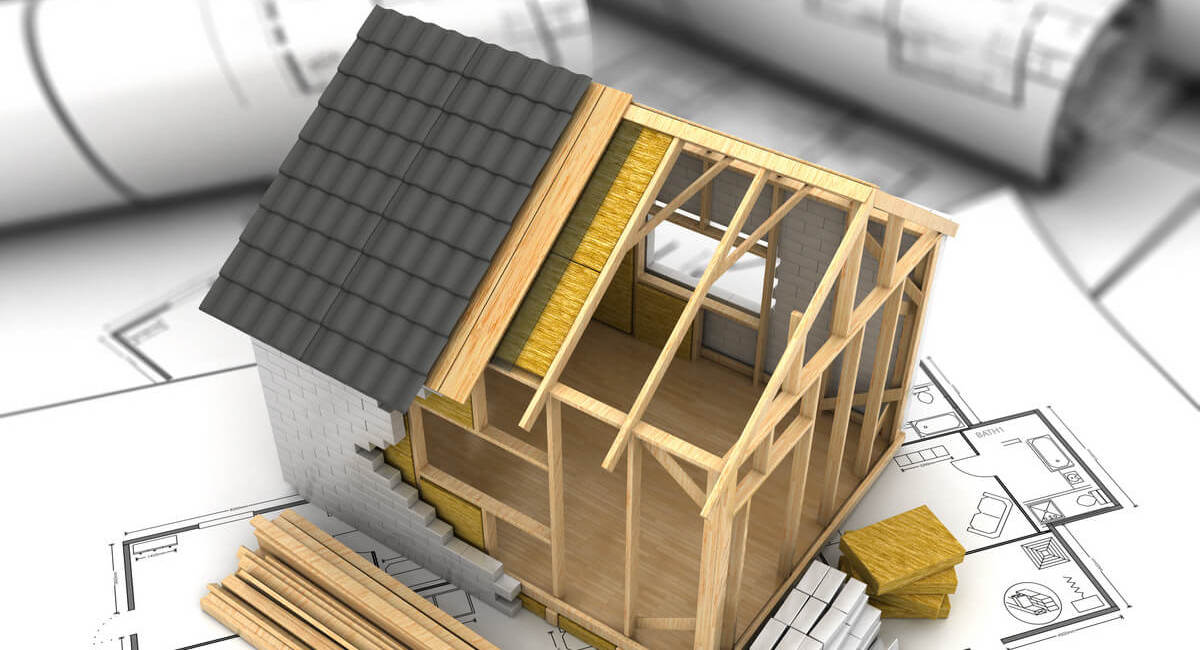If you’re planning to buy a home in Chino Hills, Chino, or anywhere in the Inland Empire, you know that you need to make a down payment and cover some closing costs. However, there might be some additional expenses involved in purchasing a home that you’re not aware of. The hidden costs of homeownership can add up, so you should be informed and prepared before you close on a house. Here are 12 costs involved in buying a home that you should plan for:
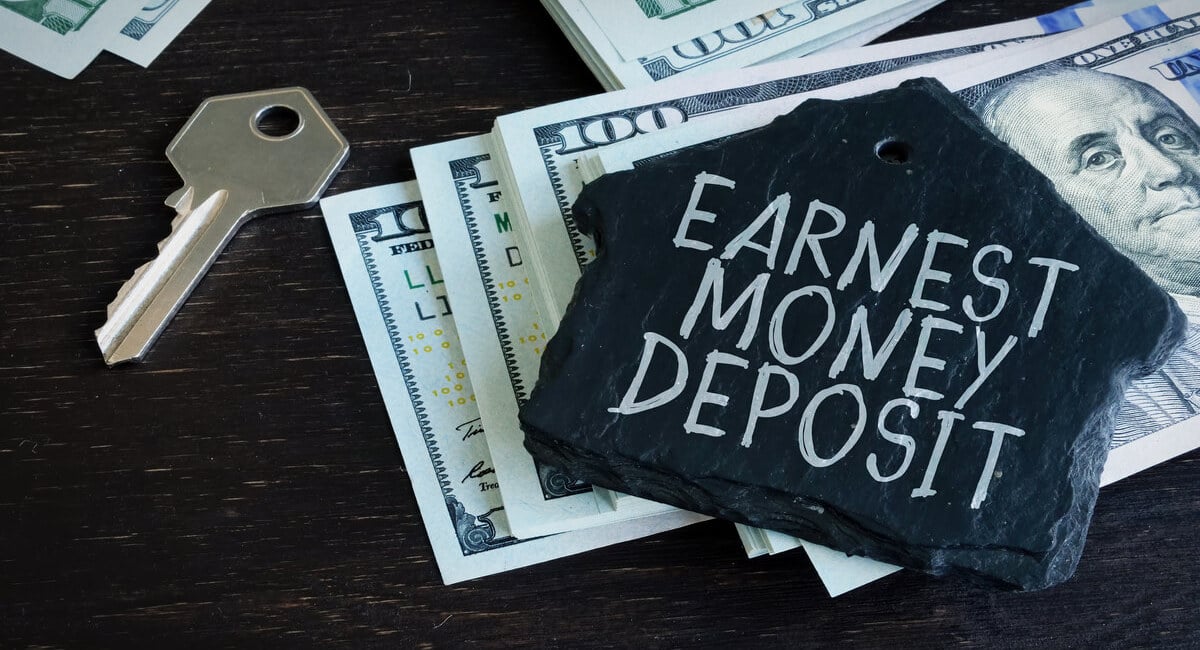
1. Earnest Money
Shortly after your offer on a home is accepted, you’ll need to put down an earnest money deposit to demonstrate your intention to follow through with the sale. In a seller’s market we like to advise our clients to go in with 3% EMD (Earnest Money Deposit) of the offer price. You can put less down, or you could put down more. However the standard contract we use to write offers, known as the RPA, limits to specific damages to 3%. So even if your put more earnest money into escrow the maximum amount at risk would be 3%.
When you close on the sale, the earnest money goes toward the overall cost of the home, so you can consider it to be a part of your down payment. However, if you back out of the sale and had previously removed a specific contingency that might have pertained to your reason for cancelling a portion or all of your EMD could be in jeopardy. During the escrow your BLDG Realty agent will keep you fully informed so that this never becomes an issue. In over $50,000,000 in recent real estate transactions we’ve NEVER lost a penny of our client’s deposits, in fact we’ve negotiated thousands in kept deposits when the other side has failed to live up to their end of the bargain!

2. Appraisal
Your mortgage lender will require you to get an appraisal to confirm that the property isn’t worth less than your home loan. Appraisals are usually paid for by the buyer and typically cost between $500 and $900. This fee is typically paid at the time the appraisal is ordered. If you don’t currently have a lender ask your BLDG Realty agent to provide you with a list of our recommenced lenders servicing Chino Hills and the surrounding area. Our recommendations are always based on 5-star performance, we are never compensated in anyway for our lender referrals.
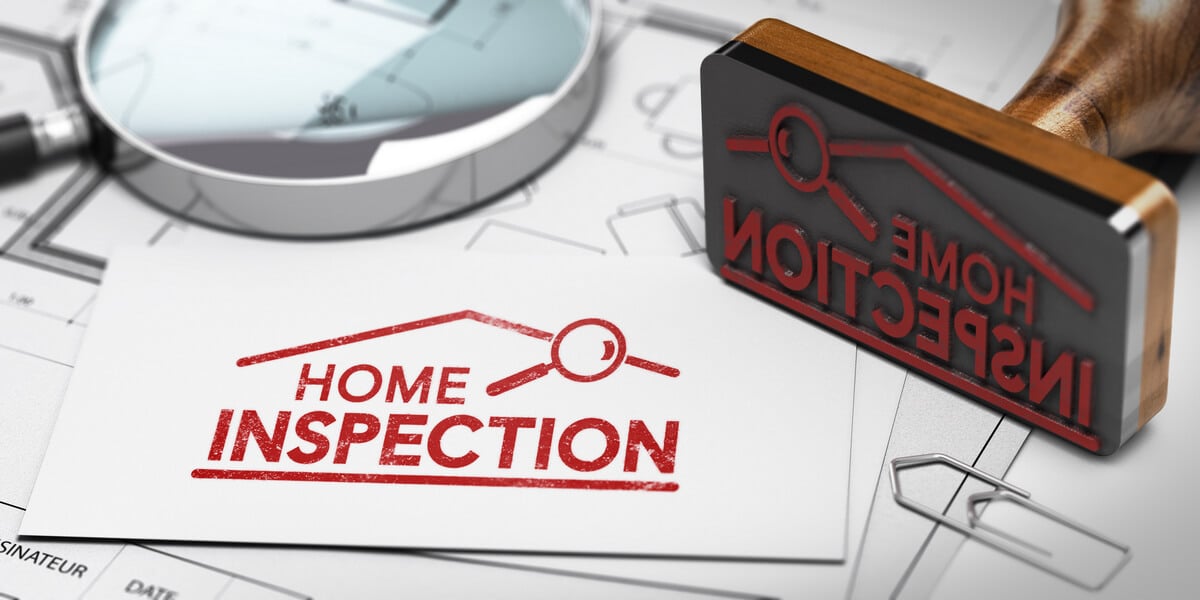
3. Inspection
Scheduling a home inspection is one of the most important steps you can take as a buyer before closing on a home. A home inspection is not an appraisal. At the very least we recommend always doing a home inspection to help uncover defects or conditions of the property that aren’t apparent to the untrained eye. An inspection costs between $300 and $500 on average, but it could save you thousands of dollars if it reveals issues in the home you weren’t previously aware of. Sometimes the home inspector will advise that additional inspections are performed. If inspections turn up unexpected damage or necessary expense we can negotiate a credit for you towards the cost of the needed repairs or you could walk away from the sale.
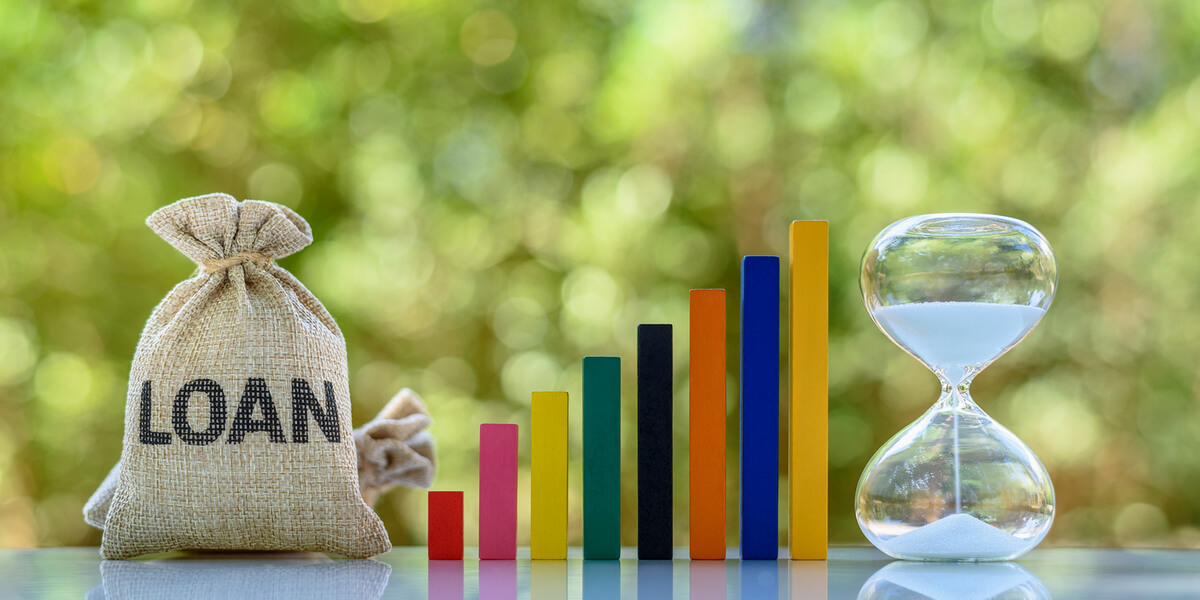
4. Loan Origination Fee
A loan origination fee is paid to your mortgage lender and covers the administrative costs of processing your application and establishing your home loan. They usually amount to 0.5% to 1% of the total mortgage. Some lenders don’t charge origination fees, but they may set higher interest rates to compensate. In some cases, buyers can negotiate to have the seller pay the origination fees as part of their closing costs.
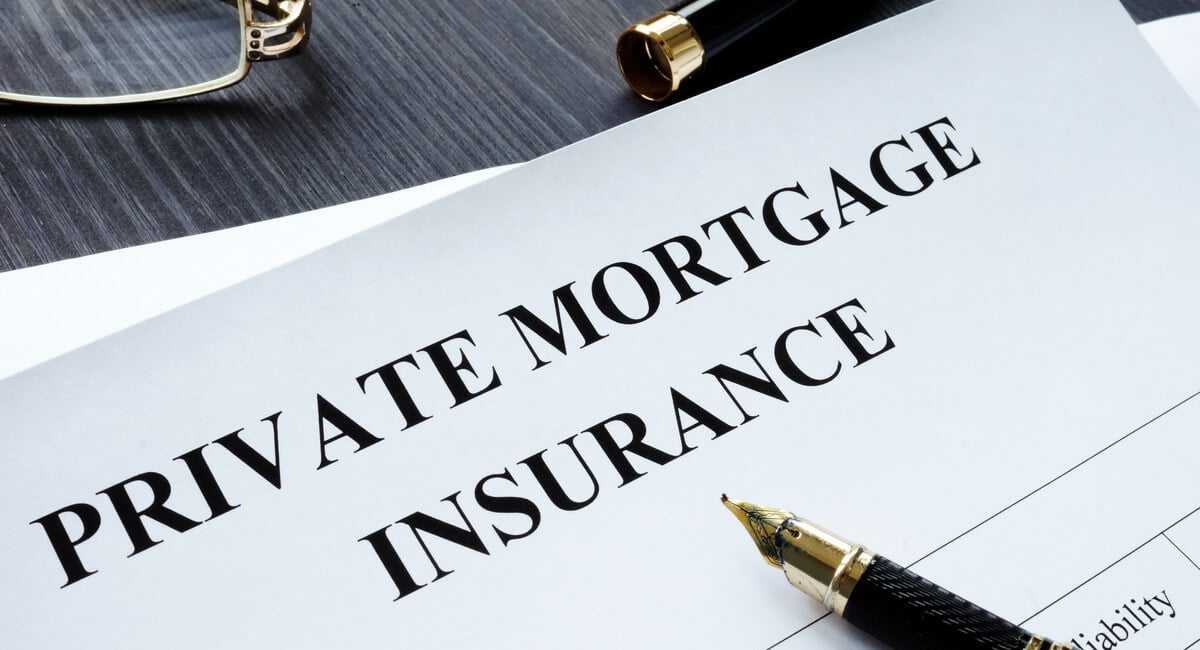
5. Mortgage Insurance
If your down payment is less than 20% of the home’s value, you’ll have to pay for mortgage insurance. Conventional home loans will require private mortgage insurance (PMI), but government-backed loans will require mortgage insurance as well. This protects your lender in case you stop making payments on your loan. PMI can range from around 0.2% to 2% of your total mortgage per year.
Mortgage insurance adds to your monthly housing payment, but it will go away eventually. The expense will automatically be canceled when your mortgage balance drops below 78% of the home’s purchase price or when you reach the halfway point of the mortgage term. You can also get rid of PMI if you make extra payments toward the principal of your loan or if the home is re-appraised at a higher value.
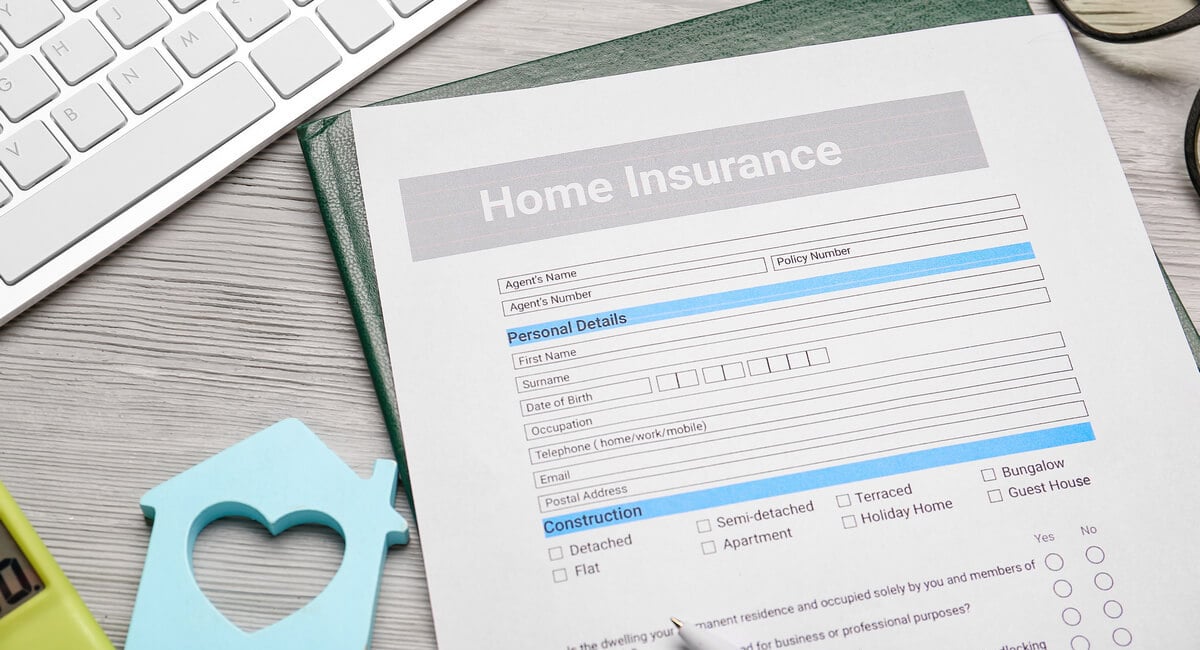
6. Title Insurance
Title insurance protects both you and your lender in case any issues arise with your home’s title. Without title insurance, you’d have to pay out-of-pocket for legal expenses if your home has a lien against it or if any records are discovered that call into question the owner of the property. Most mortgage lenders require buyers to pay for title insurance, and the fee is usually rolled into your closing costs. Title insurance typically costs between 0.5% and 1% of the total mortgage loan. Ask your BLDG Realty agent to create “Buyer’s Net Sheet” that will give you an estimate of closing costs associated with your purchase, including the approximate title insurance costs.
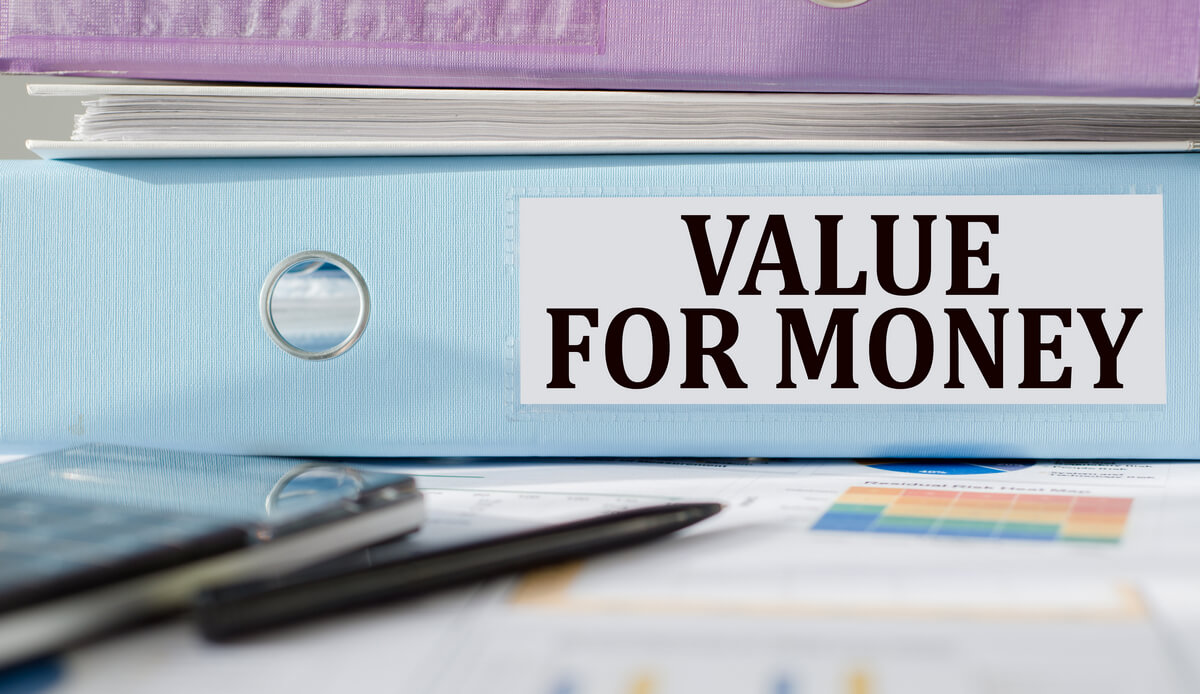
7. Reserves
Sometimes, mortgage lenders require buyers to prove that they have extra funds in reserve after their down payment and closing costs. This demonstrates to your lender that you’re less likely to default on your loan if you run into a financial emergency. Even if your lender doesn’t require you to have any reserves, keeping an emergency fund is always a good idea.

8. Moving Expenses
Moving into a new home can be expensive, so you should factor your moving costs into your budget when purchasing a house. Professional movers can cost thousands of dollars, and completing the move yourself can still be pricey when you add up the cost of the moving van, supplies, and gas or other travel expenses. We’ve helped countless clients make local and or long distance moving arrangements. Whether you’re moving into the Chino Hills area, or away, just ask us for a trusted recommendation.
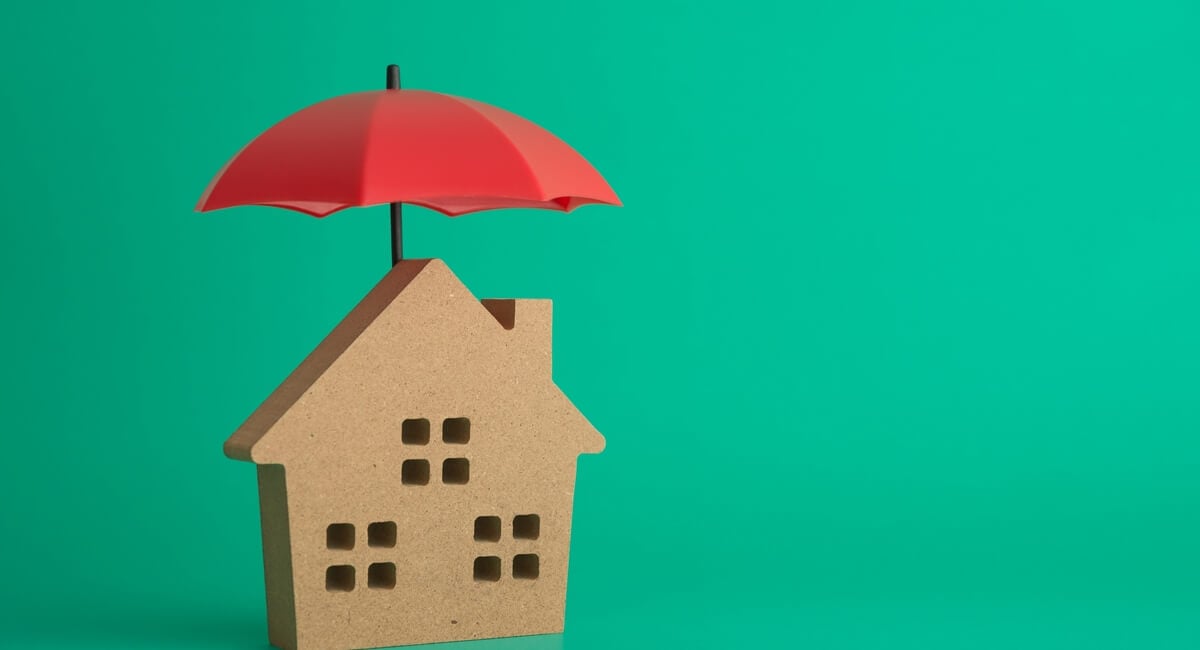
9. Homeowners Insurance
Homeowners insurance covers damage to your house or belongings in a wide variety of circumstances. California, and specifically Chino Hills, has become a difficult area to find affordable homeowners insurance. Because of high fire risk and caps imposed on insurance companies by the state of California, many insurance companies have chosen not to write new policies in the area. It’s very important to find a insurer soon after opening escrow on your new home purchase. Lenders will require homeowners to purchase insurance, and it may be rolled into the cost of your monthly mortgage payment. Rates vary widely based on your location, the size of your home, and the value of your possessions. For an average Chino Hills home expect to pay anywhere between $150-$300 a month in homeowners insurance.
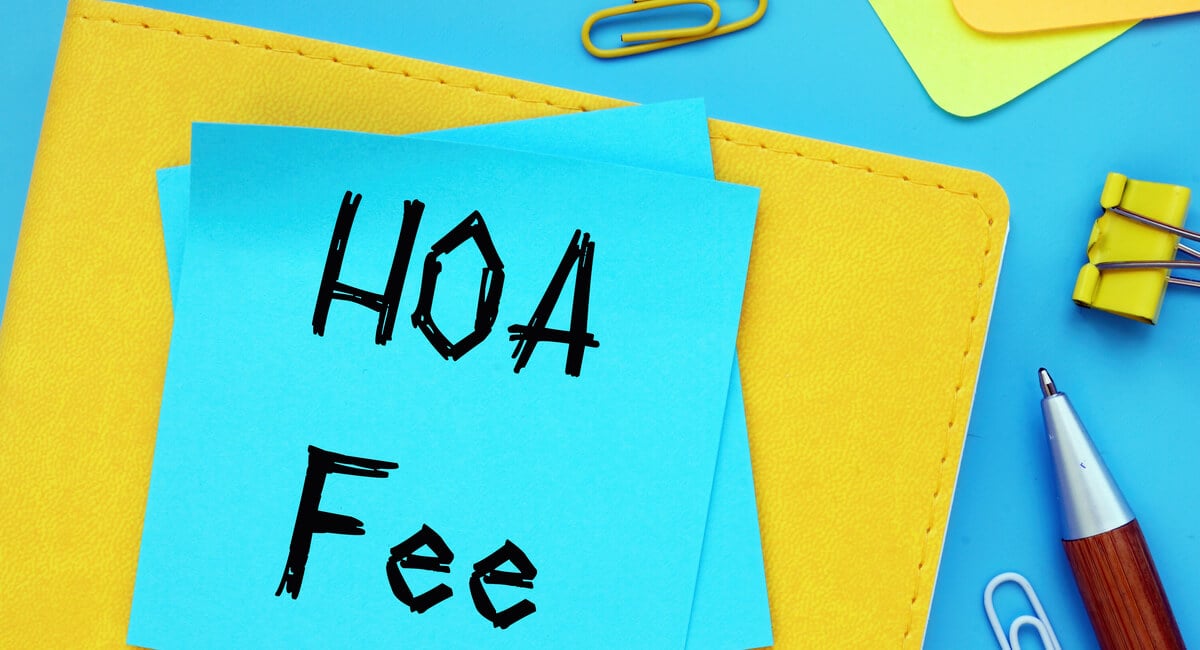
10. HOA Fees
Before making an offer on a home, you should find out whether it belongs to a homeowner’s association (HOA). If it does, expect to pay a monthly HOA fee on top of your mortgage payment and insurance. HOA fees cover common areas and amenities, such as parks, pools, or tennis courts. In some cases, such as some condos, the fees also cover trash pickup, some utilities, and gardening. To make sure the HOA fees fit in your budget, you should discover exactly how much your monthly dues are as well as what services are covered and make sure your lender is aware when calculating your approval.
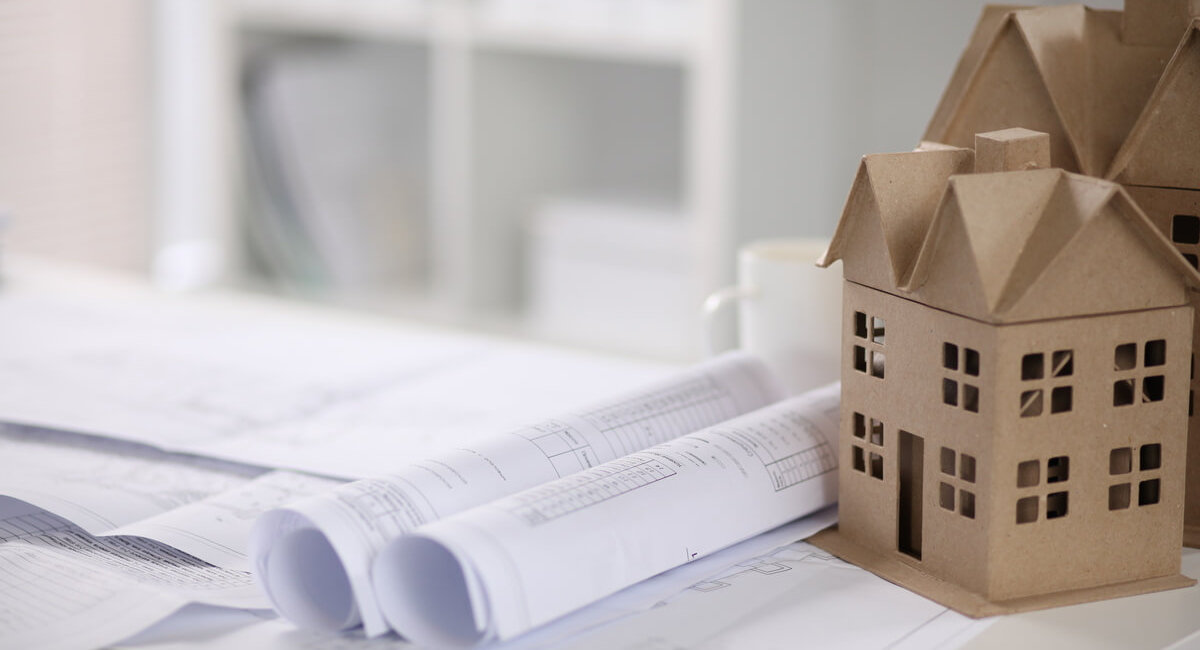
11. Maintenance Costs
Maintenance costs can be a big surprise to first-time home buyers. As a renter, your landlord or property manager likely funded all maintenance. Certain home repairs can be extremely costly, which is why an emergency fund is so important for homeowners. You should also budget for ongoing and preventative maintenance, such as HVAC servicing and gutter cleaning. We will typically negotiate a “Home Warranty” for you, paid by the seller. It’s important to always consult the home warranty company for possible coverage before spending on a needed repair.

12. Home Furnishings
You don’t have to perfectly furnish your new home as soon as you move into it, especially if your bank account has been depleted by your down payment and closing costs. In most cases, though, first-time home buyers are excited to purchase furniture that suits their new living space. You might be upgrading to a larger space with more rooms to furnish, or you may want to finally invest in high-quality furniture now that you own your home.
Buying a home is an expensive process. In addition to your down payment, you should be prepared to pay for various closing costs, insurance, moving expenses, and home repairs. Some expenses are one-time payments, and others will need to stay in your budget permanently. To make sure you’re financially ready to buy a house, consider all of these hidden costs when calculating your budget. To get a complete picture of what it would look like to get you into a new home click on the contact link, or give us a call at (909) 247-0374 to talk to Mike Velez or one of our experienced agents serving Chino Hill, Chino, Eastvale, and the surrounding area today!

